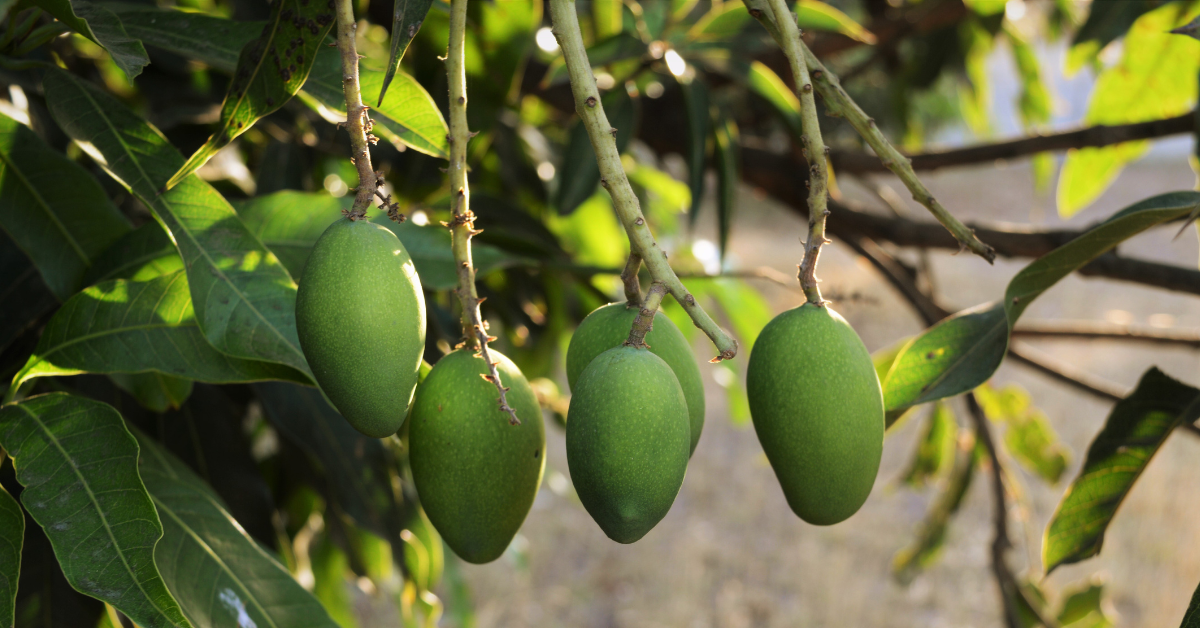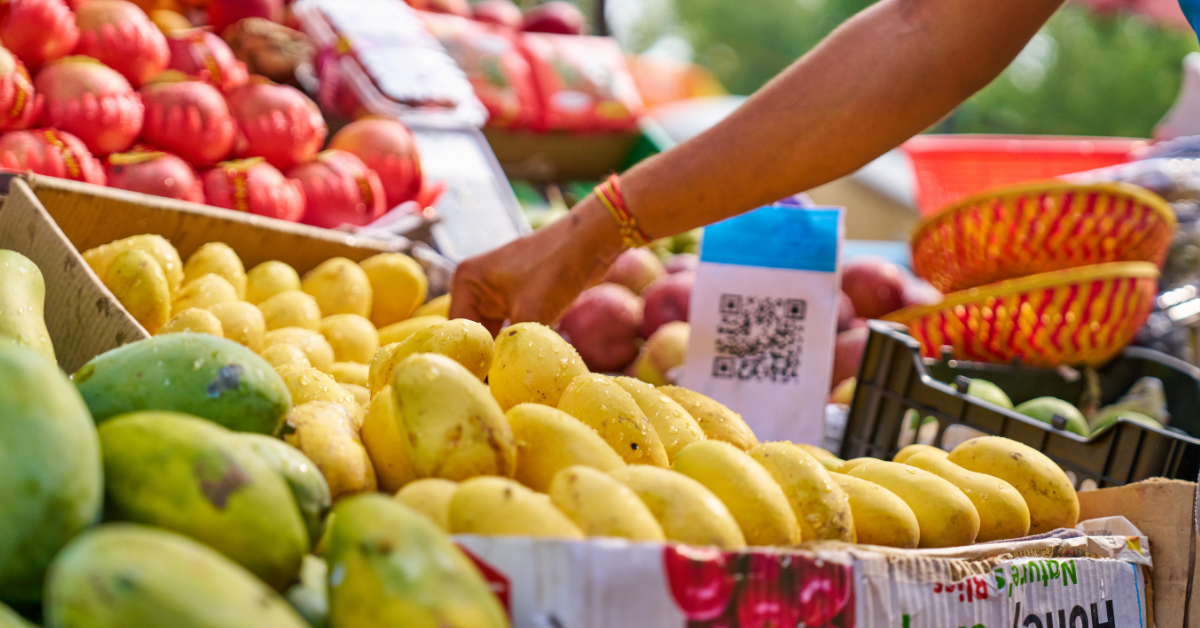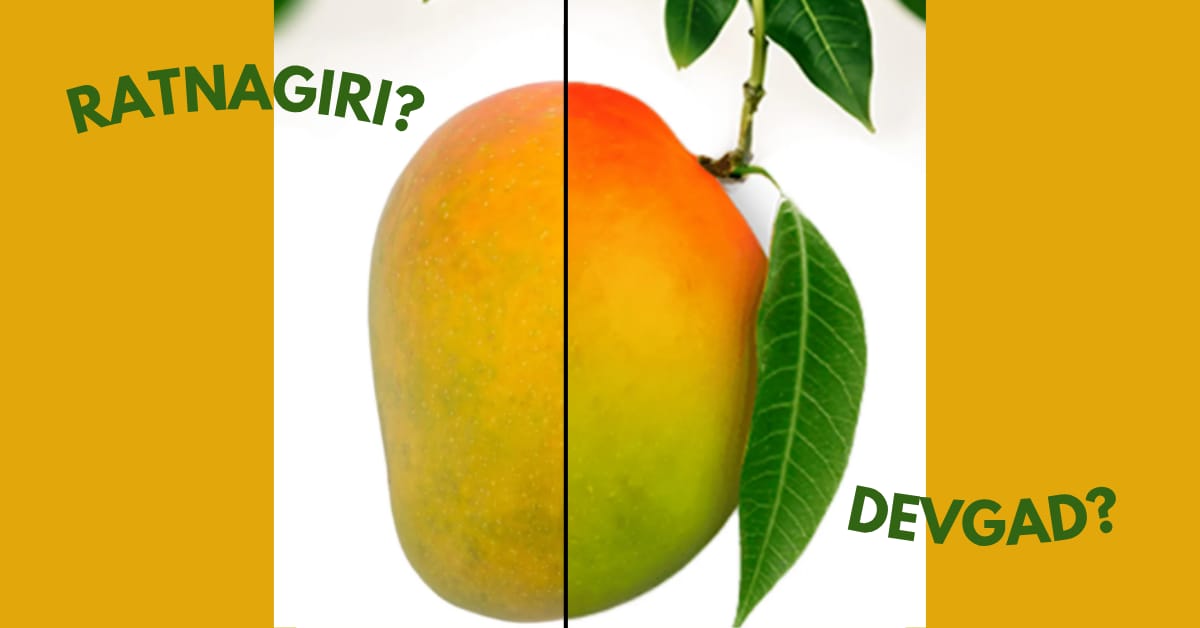If you're a mango lover, you've probably heard of the legendary Alphonso mango, India’s golden fruit that reigns supreme in taste, aroma, and richness. When it comes to Alphonso mangoes, Ratnagiri and Devgad are the two most celebrated regional types. Both come from Maharashtra’s Konkan belt and are often confused due to their similar appearance and origin. However, for gardeners and mango enthusiasts alike, understanding the difference between these two can be crucial, especially when you're planning to grow your own mango tree at home.
In this guide, we will break down the unique qualities of each variety to help you decide which one is the better pick for your garden.
Why Alphonso Mangoes Are So Special?
Before diving into the comparison, let’s understand why Alphonso mangoes (Hapus) are held in such high regard. Known for their buttery texture, rich aroma, and perfect sweetness, these mangoes are considered the king of fruits. Their export-quality status has made them a global favorite.
Alphonso mangoes are especially popular among home gardeners looking to grow a premium mango tree in their backyard. And when you shop at PaudheWale.com, you're not just buying a sapling. You’re investing in quality, authenticity, and long term fruiting success.
Ratnagiri Alphonso: A Coastal Gem
Origin
Ratnagiri Alphonso mangoes are grown in the Ratnagiri region of Maharashtra, where the distinctive mix of mineral-rich red soil, coastal air, and mild weather plays a key role in shaping their signature taste.
Taste and Texture
Ratnagiri Alphonsos are sweet with a mild tang, making them ideal for those who like a well-balanced flavor. It has a silky, fiberless pulp that practically melts on your tongue.
Appearance
These mangoes are typically oval-shaped with a bright golden-yellow skin, often with a reddish blush on top. The visual appeal alone can make them a centerpiece in any fruit basket.
Growing Conditions
If you’re planning to grow a Ratnagiri Alphonso plant, make sure it gets full sunlight, well-drained soil, and moderate watering. The plant is known to be moderately hardy and adapts well to coastal and slightly humid environments.

Devgad Alphonso: The Royal Cousin
Origin
Devgad Alphonsos are cultivated in the Devgad region, located about 150 km from Ratnagiri. While close in distance, the difference in climatic conditions and soil composition leads to noticeable changes in fruit quality.
Taste and Texture
These mangoes are more intensely sweet and often described as having a smoother, more luscious pulp. For those who like their mangoes ultra-sweet and creamy, Devgad is a strong contender.
Appearance
Devgad Alphonsos are usually larger in size compared to their Ratnagiri counterparts. They have thicker skin and a slightly more elongated shape, with fewer blush marks.
Growing Conditions
Devgad Alphonso mango trees thrive in drier climates with good air circulation in the soil. They grow best in areas that get moderate rainfall and plenty of sunlight.

Ratnagiri vs Devgad Alphonso: A Side-by-Side Comparison
| Feature | Ratnagiri Alphonso | Devgad Alphonso |
| Region | Ratnagiri | Devgad |
| Taste | Sweet with slight tang | Intensely sweet |
| Texture | Smooth and non-fibrous | Extra creamy and rich |
| Size | Medium | Slightly larger |
| Skin Thickness | Thin | Thick |
| Color | Golden-yellow with red blush | Deep yellow |
| Shelf Life | Slightly longer | Slightly shorter |
| Growth Suitability | Best in coastal climates | Better for less humid regions |
Which One Should You Choose for Your Garden?
The choice between Ratnagiri and Devgad Alphonso mango trees depends on multiple factors:
✅ Climate
If you live in a humid or coastal area, go for Ratnagiri Alphonso. If your region has less humidity and better drainage, Devgad Alphonso is ideal.
✅ Taste Preference
Prefer a balanced sweet-tangy taste? Choose Ratnagiri. Love super sweet and creamy fruit? Devgad is your pick.
✅ Garden Space
Devgad trees may grow slightly larger and need more room. Ratnagiri plants are more compact and adaptable.
Why Buy Alphonso Mango Plants from PaudheWale?
At PaudheWale, we offer genuine and grafted Alphonso mango sourced from trusted growers across India. Here’s why gardeners across India choose us:
🌱 Verified Varieties – Each plant is clearly identified as either Ratnagiri or Devgad for complete transparency.
📦 Safe Shipping – Healthy plants delivered to your doorstep with proper packaging.
♻️ Sustainable Practices – Grown using eco-friendly methods.
By growing your own Alphonso mango tree, you not only enjoy the delicious fruits season after season but also contribute to a greener lifestyle.
Frequently Asked Questions
❓How long does it take for an Alphonso mango tree to bear fruit?
Generally, grafted plants from PaudheWale take 3 to 4 years to start fruiting, depending on care and climate.
❓Can I grow these mango trees in pots?
Yes. For the first 2 to 3 years, they can be grown in large containers, but eventually, they need to be transplanted into the ground for healthy growth and fruit yield.
❓Are the fruits from Ratnagiri and Devgad trees as good as store-bought Alphonsos?
Absolutely. In fact, home-grown Alphonsos often taste better due to natural ripening and pesticide-free growth.

